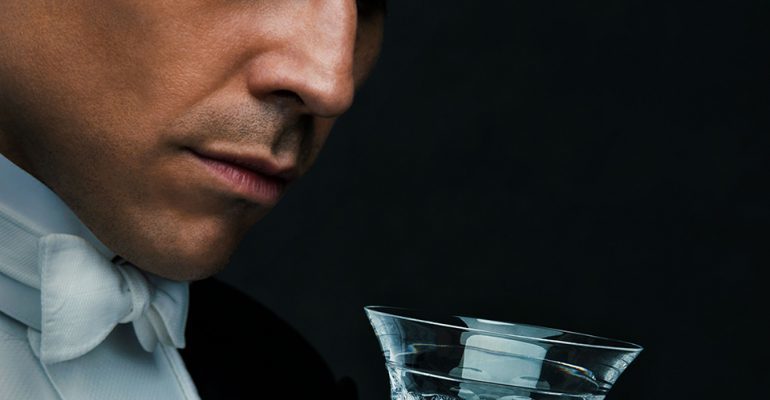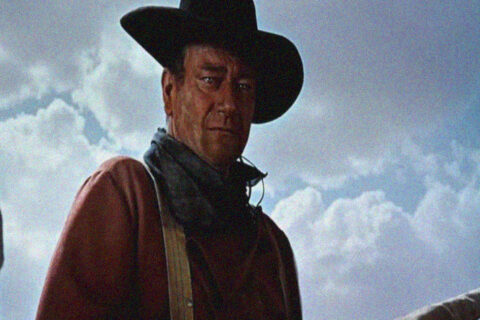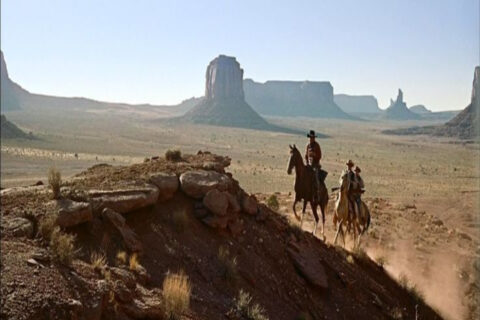A Review of Julian Fellowes’ Downton Abbey
2019. Historical Drama. 122 Minutes. Rated PG. Starring Hugh Bonneville, Maggie Smith, Michelle Dockery, Laura Carmichael, et al.
As a single man now, there are weekends when I do not have dates. It is a fact of life. And so on those days when I am not dancing with a young woman or enjoying a cocktail (or two), I will typically treat myself to something small in gratitude for the week’s work. Usually this is something like a nice meal at my favorite restaurant (yes, I do dine alone sometimes) or cooking something special for myself. This weekend, I decided to go out for a movie. And since I am a fan of period pieces and have for the most part enjoyed the Downton Abbey series on Masterpiece Theatre, I decided to give the movie a go. And for a series that tips its cap to a grand period in Anglo Saxon history, as a Southerner who is part of that, I think it is worth seeing.
When I announced this to several of my colleagues here at Identity Dixie, I was met with some laughter and told by one good friend that I should “watch out for cat ladies.” I explained to him that cat ladies tend to watch Marvel movies or Harry Potter (they are all Western myths that have been deconstructed in a culture that has been metaphysically castrated) so I should have had no problem. Little did I know that he was correct. To quote Lucille Bluth from Arrested Development: “look at what the homosexuals have done to me.”
For those of you who have not seen the series on Masterpiece Theatre, Downton Abbey is a period piece/historical drama about the Crawleys, a noble family living in a fictional village in Yorkshire, and their efforts to keep their massive 300-year old estate afloat during the waning days of the British Empire at the turn of the 20th century. The series takes place right after the sinking of the Titanic (where the main protagonist, the Earl of Grantham, Robert Crawley (Hugh Bonneville) loses his heir to the disaster), through the First World War, and ends right around the rise of fascism in Germany and the war drums of World War II beating in the background. The movie takes place some years after the series’ end.
The film begins with a letter arriving from Buckingham Palace addressed to the Earl of Grantham, announcing to him and his household that the King (Simon Jones) and his wife Queen Mary (Geraldine James) plan on visiting Downton Abbey for a day while on a tour through Yorkshire. The majority of the plot revolves around the royal visit: preparing the estate for their majesties and at the same time, the staff, trying to out best the royal household in a game of “anything you can do, I can do better.”
The reason I adore Downton so much is that it touches the reactionary in me. The series was written by Julian Fellowes, a conservative peer himself who became interested in this time period because of his own nobility. It takes place in a time when many of these old manor homes have fallen out of fashion due to economics and tradition. More people are going into the cities to work in offices and factories, so working on a large estate has little appeal for the average commoner. And with the rise in prices, much of the nobility are selling their grand homes in favor of London townhouses in St. John’s Wood or they are opening them up to the public for tours. However, the Crawleys remain standfast in the changing tide, determined to keep their way of life for better or worse because it is who they are. For a series that is so popular with modern audiences, it makes a grand attempt to point out that tradition and the past still has a voice. Even the characters in the show, usually the scullery maid Daisy (Sophie McShera) and several others who have republican sympathies are often gently corrected by the other players that tradition still has a place. To quote the cook, Mrs. Patmore (Lesley Nicol), “not everyone around here is Robespierre. Let’s hear it for the king and queen!” Downton Abbey had the makings of being a great film and close to a wonderful series showing Anglo Saxon culture at its height if it weren’t for one fly in the ointment.
It seems as if all art nowadays must pander to a group of individuals that make up less than 3% of the population but are nonetheless treated like deities or, in the case of childless cat ladies, children. A side plot of the movie is dedicated to the gay butler, Thomas Barrow (Robert James-Collier) and a homosexual liaison that he has with a member of the royal household staff who is also a closeted gay. Fans of the series will note that for many seasons Thomas was an antagonist and the villainous footman. He was an ill-tempered, repressed, and absolutely despicable human being around members of the other staff and family. A man without cheer, he was so hated by people on the estate that he was often the butt of pranks and on one occasion had the tar beat out of him. It seemed that there really was nothing redeemable about this character. He even displays cowardice while serving in the front during the war by injuring himself in the hand so that he can be discharged. His caricature by Fellowes as the catty, Machiavellian homoviper is right up there with something out of Shakespeare or Trollope. But of course, he later redeems himself into the good graces of Earl Grantham and is made butler by the end of the series. Can’t have a sodomite being the villain, y’all!
During the film, while the Crawleys dine with the royal entourage, Thomas is seduced into visiting an underground gay bar in the village which is later broken up by the police (this is before the Sexual Offences Act of 1967 so buggery is still a crime in this period). The member of the royal household arrives, announcing that he is under the employ of the king and that the Earl probably would like to have his butler out of jail. Thomas is released without record or incident in an almost deus ex machina situation. As they walk back to the manor in the moonlight, Thomas wonders if people will ever “understand” and be accepting of homosexuality, to which his admirer replies, “who knows? A hundred years ago it seemed unlikely that men would fly.” How very Star Trekkish – equating technological progress with the tolerance of behaviors against natural law. This side-plot unfortunately adds a sour taste, not so much for debauchery (it is quite milquetoast compared to anything you’d see on HBO and even in Fellowes’ novels, sexual scenes are almost immediately ‘fade to black’ like something from a Raymond Chandler story) but for the fact that the message is trite, cliche, and of course, ham-handed.
The one saving grace of the film was in the Dowager Countess, played by Maggie Smith. For fans of the series, Smith’s character has been a source of acerbic wit, conservatism, and a staunch bulwark of tradition. While at a ball, Lady Mary (Michelle Dockery) and her grandmother retreat into a side room where the Dowager Countess gives her grave news: she went into London to have medical tests done and she doesn’t have that long to live. She assures Mary that this isn’t a time for tears. “I may not have long to live, but of course you can never get a London doctor to be precise!” the witty old woman says. “Save your tears for something sad because there’s nothing sad here. I have lived a privileged and interesting life, and now it is time to go. I’m leaving the family and the place that I treasure in talented hands.” The Dowager Countess, in a nod to tradition, gives perhaps one of the best statements I have ever seen in a film when one announces that their death is nigh. When Mary asks her grandmother if she should keep going with running the estate, even in the changing times, the Dowager Countess smiles. “Our ancestors lived different lives than us, and our descendents will live differently again, but Downton Abbey will be a part of them.” In her final words she sums up the meaning of tradition. “You’ll take over where I left off. You’ll be the frightening old lady, keeping everyone on their mark. You will, my darling, and you’ll do it wonderfully. You’re the best of me, and we’ll all live on.”
Downton Abbey was released into American cinema theaters on September 20th.
-By SoCo

O I’m a good old rebel, now that’s just what I am. For this “fair land of freedom” I do not care at all. I’m glad I fit against it, I only wish we’d won, And I don’t want no pardon for anything I done.





